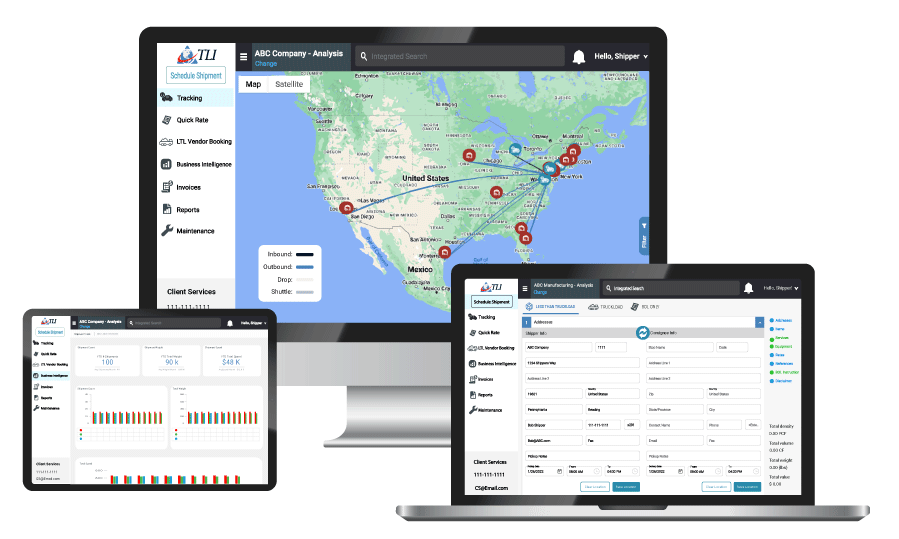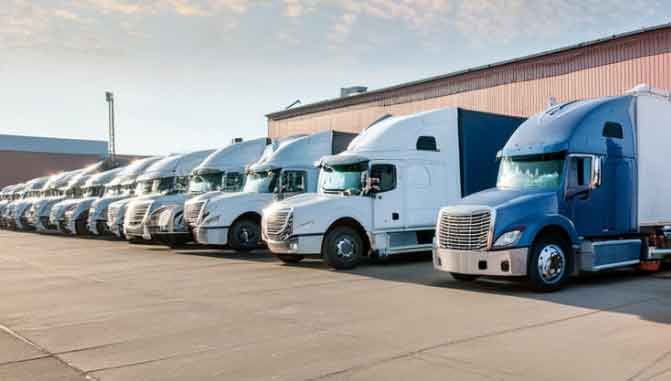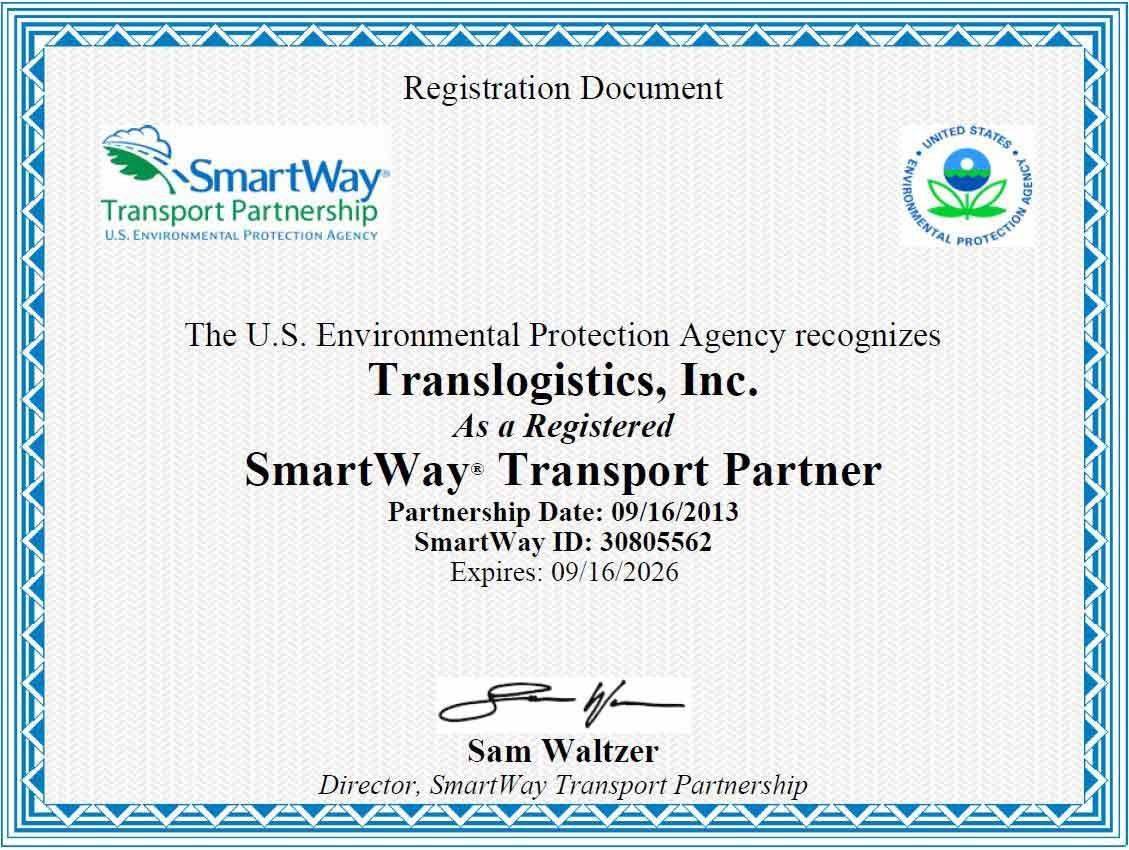5 Habits Your Organization Must Practice After Implementing a TMS
TMS Implementation
Is your company preparing to adopt new transportation management software (TMS)? Before bringing in a system that will clean up your logistics operation, consider the way your supply chain affects other areas of your business and vice versa. If you wouldn’t wear a new shirt under a stained sweater, you shouldn’t bring in software that organizes your supply chain while leaving the rest of your business messy.
A good TMS may cause certain shifts in the way you structure and manage your business operations, but a superior TMS system will guarantee these shifts are for the better. Check to see that your organization practices the five habits below and prepare for possible company-wide changes by discussing each with your internal teams. A clean foundation for your new TMS will ensure that your logistics operation is given a true clean slate and can work seamlessly with your business to foster company-wide success.
Encouraging internal and external communication
The best TMS will encourage communication between a managed transportation third-party logistics provider (3PL) and a business’s internal teams, including that of customer service, finance and management. It will also lead to better communication with carriers, as the customer service team will no longer need to participate in the back-and-forth of reactive tracking. Open up the airways throughout the rest of your business by highlighting the need for communication and teamwork between various departments to solve logistics issues as well as other everyday problems.
Instilling a data-driven culture
Your new TMS will provide you with more data you can dream of. Tracking, scheduling and reporting modules will allow you to view your logistics situation in any way imaginable and can be customizable according to your business goals. Allowing this influx of data to be readily accessible by your internal supply chain experts will keep those individuals ahead of the game so they can solve client queries and focus on delivering exceptional service. Be sure that your business as a whole has adopted a similar data-driven culture to not only guide your transportation efforts but also your future business decisions.
Thinking proactively, not reactively
Proactive problem-solving is the foundation of any successful TMS and adjoining logistics solutions partner. In speaking with a carrier about corrective actions regarding lost packages, for example, a provider is exhibiting the proactive problem-solving then reflected in your transportation software. A reactive method of problem-solving pushes recurring issues to the back of the to-do list, which means they go unresolved. Instill a proactive mindset in all of your business’s departments and have each team create action plans that erase common, solvable problems.
Organizing all finances
An industry-leading TMS with imaging capabilities will support a clean logistics auditing process, but what good would spotless logistics finances be if other areas of your business are not up to par? The importance of internal auditing and keeping finances in check should not be overlooked because the results determine the state of your business and your position in the industry. You need to create reliable financial reports and approach your business objectives with clean records in order to have control over your business management, risk, fraud and more. Clean up your business as you clean up your logistics.
Setting goals for the future
TMS modules provide the concrete data to influence present and future supply chain decisions on things like shipment methods, carrier contracts, and logistics spend. Data collected even over short periods of time can be compiled into reports that allow you to see the complete status of your supply chain. Because your TMS, and ultimately your transportation management, will be data-driven, you’ll want to use these tools to spend time on establishing measurable goals that are specific, realistic and timely. Whether you’re setting targets for your supply chain or your business, keeping the finish goal in sight will push your team to succeed.
TMS Summary
Does your business practice all of these beneficial habits? A modern TMS will provide the organization and transparency needed to solve all of your tracking, scheduling, imaging and reporting issues. Match the same level of excellence by adopting the right outlook and optimizing internal functions. Are you thinking about implementing a new TMS and enhancing the way you do logistics? Schedule a free 30-minute consultation to get expert feedback on the current state of your logistics operation and recommendations on moving forward with a logistics solutions provider.
TLI Insights
Get the latest logistics insights and tips from TLI's award-winning team. Stay ahead in transportation planning.
Questions? Email us at marketing@shiptli.com




